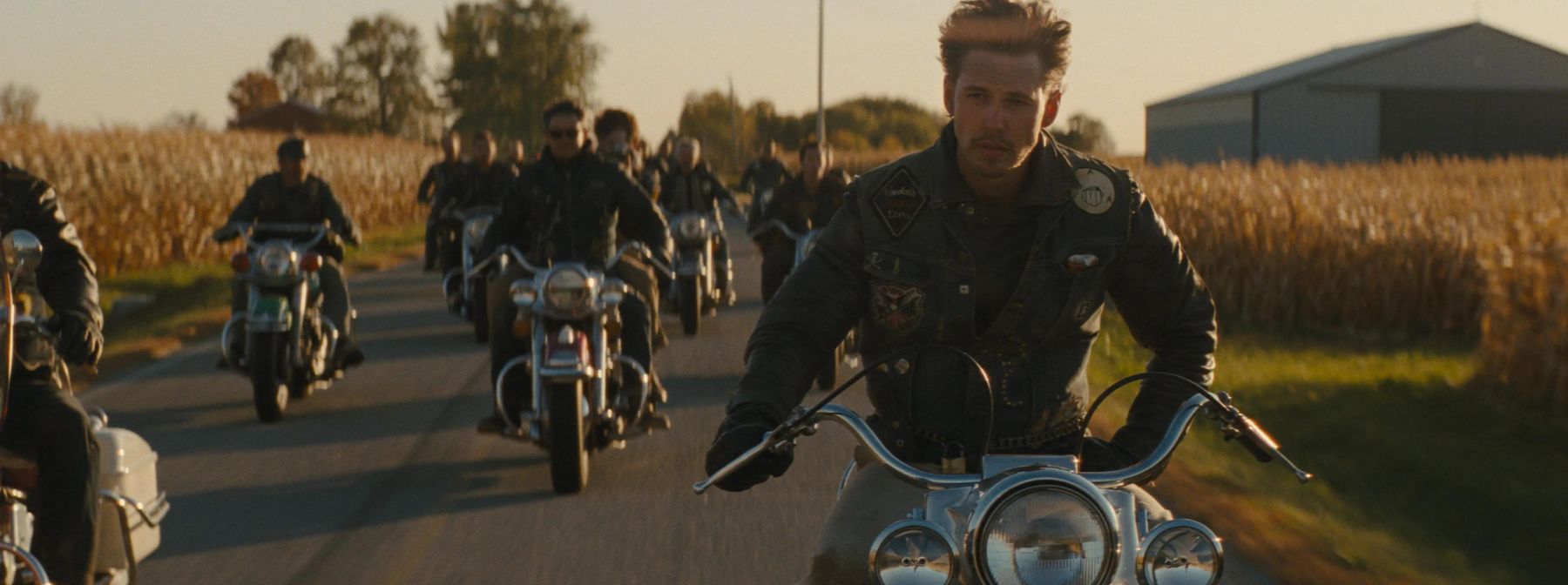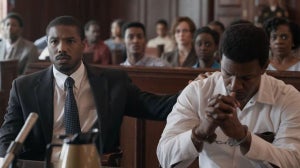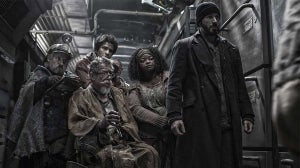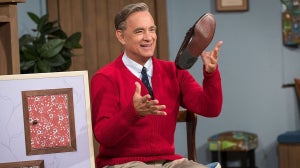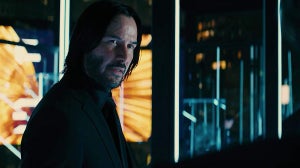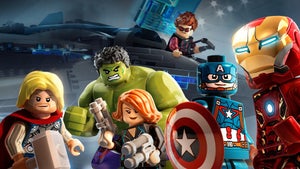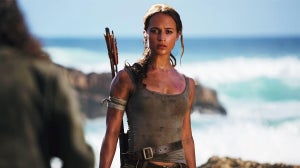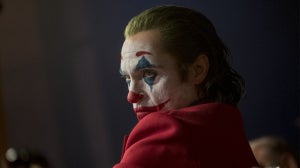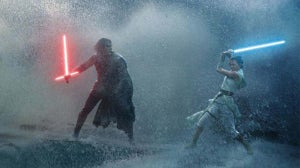
“I read a review the other day that referred to her accent as “southern fried”, so I’m not surprised that a lot of people don’t know what they’re talking about! My hope is that, after seeing the movie, people will look into it and see the amount of work Jodie put into recreating that voice.”
The Scouse actress is the centre of his new drama as Kathy, a woman who leaves her husband to shack up with mysterious bad boy biker Benny (Austin Butler) in the mid-sixties. Loosely adapted from journalist Danny Lyons’ 1967 book of the same name, the ensemble drama lifts biker gang members’ first-person accounts for the wider cast of characters, including de facto club leader Johnny (Tom Hardy), whose rise-and-fall mirrors that of biking’s place in the counterculture.
Kathy is directly inspired by a real woman, and yes, you can find recordings of her very distinct voice online, which Comer has captured with an eerie accuracy. Nichols was aware from the beginning that some critics would have their knives out when they heard it, and would label it as a case of a non-American butchering an accent if they didn’t do their research.
However, he also knew from experience that non-Americans are far better at mastering the most distinct Stateside accents than US-born actors, and his choice to cast her proved a no-brainer.
He explained: “I worked with Joel Edgerton on my film Midnight Special, where he played a Texas Ranger, a voice and accent I’m very familiar with because I live in Texas – but seeing him methodically break down the voice to nail the specific regional dialect was eye-opening. Thanks to Danny Lyons’ book, we had an hour of audio recordings of the real woman that accompanied its release, which I gave to Jodie; non-American actors train in dialect more than American ones do, and that’s why I felt incredibly trusting that she could pull this off.”
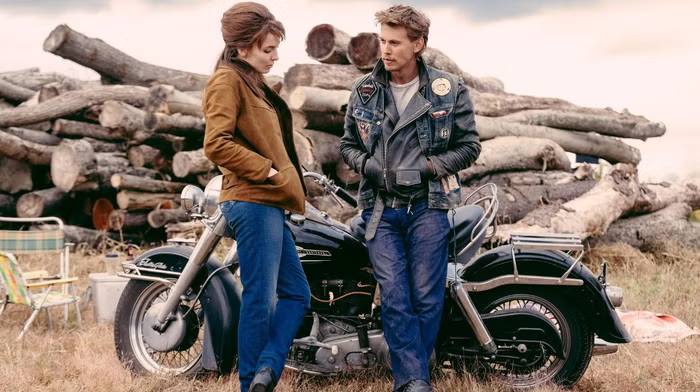
However, his lead star couldn’t be more ‘Murican, with Butler’s brooding biker the magnetic force at the centre of what Nichols has described elsewhere as a “love triangle”. Kathy wants his full love and attention, whereas Johnny wants his full commitment to the biker gang – with the cool allure of this character as suggested on the page requiring an immediately striking figure to bring him to life and demonstrate exactly why everybody wants him all to themselves.
The director cast Butler after seeing the trailer for Elvis – he was sold before he saw the full movie! – and after we’ve now seen him transform into a rock icon and an unrecognisable sci-fi villain in Dune: Part Two, Nichols believes that this performance is where we see “the birth of a movie star in real time.”
He continued: “If you ever get a chance to meet him, you’ll understand he’s more charismatic in person in a way that goes beyond good looks. There’s a magnetism to him, and at this point in my career, I’ve worked with enough famous people with a certain energy around them, and I knew from when Austin shook my hand for the first time that he had it – he’s perfect for the part.
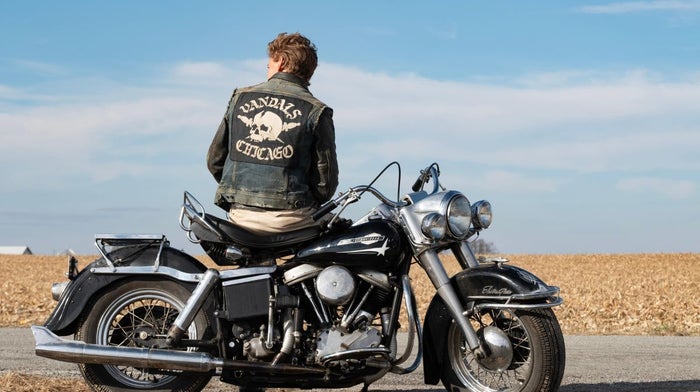
“As a director, it can be hard to put that feeling into words. When I first met Matthew McConnaughey, I knew he needed to star in (2012 movie) Mud, and when I first saw Michael Shannon on a videotape, I knew he was the greatest actor in the world – you can’t explain why you feel that way, the best way to show it is to put them onscreen!”
Shannon is Nichols’ lucky charm, having appeared in each of his movies since his 2007 debut Shotgun Stories – his character here, Zipco, is gifted a barnstorming monologue about his hatred for a brother who went to college instead of learning a trade like a “real man”. Intriguingly, the director has held off making this movie for two decades; he dreamt of making it before he even made his first film, and has spoken to Shannon about it several times over the years.
“The truth is, I felt like I didn’t have the chops to make it sooner. I remember, back in 2008, I’d written two scripts – one for Mud, one for Take Shelter – and Michael Shannon asked me which I wanted to make first, and he was surprised I went with the apocalyptic one, and not the one he described as “kids running around in a boat”, but I just felt less ready to tell that story.
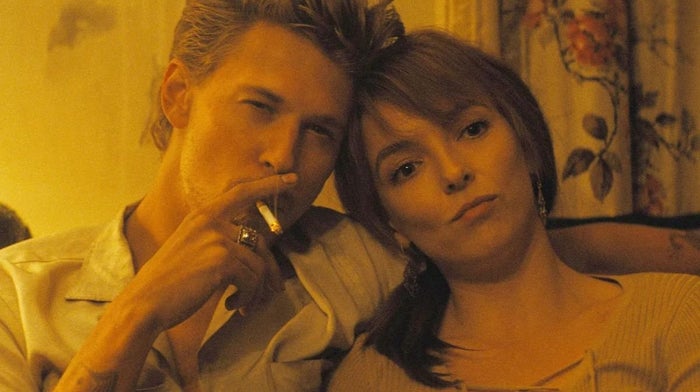
“I had the same feeling about The Bikeriders; it’s a complicated, ensemble narrative set in a world I didn’t grow up in, and felt less comfortable being in. When I picked up the book, I knew what I wanted the movie to feel like, but I didn’t feel like I had the skills that would do that vision justice.”
Nichols believes he made the right decision to wait, as this story about a group of disenfranchised men searching for their identity has more resonance in politically divided times.
“Identity is a major animating force in culture right now – people want to be grouped exclusively around others they feel like they identify with, and to find purpose within that identity. As a storyteller, I’m fascinated with that aspect of human behaviour.
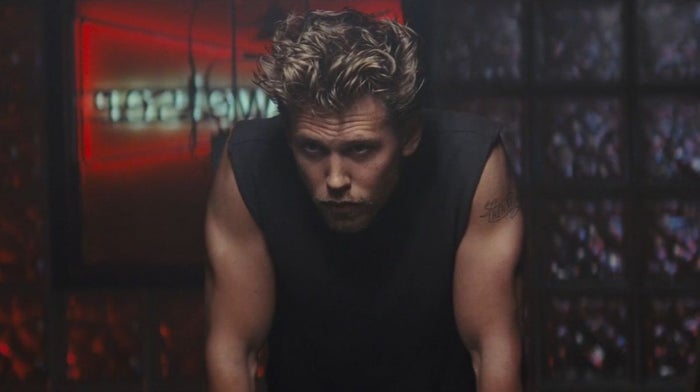
“This movie feels like a prequel of sorts to modern biker culture, and how the contemporary image we have of a biker was formed. There’s a forward Danny wrote in the 2003 reprint of the book, where he describes this time as “the golden age of motorcycles”, and I think what he means is that there used to be a sense of innocence to this community, which is admittedly a strange word to apply to a group that loved to get into fights!
“But you have to consider that, at the time, these were just guys who joined a social club to hang out with other guys who rode motorcycles – they had working class jobs and houses, and were just looking for a community outside of their family homes. What that naïve idea transformed into was something more dangerous as more people got involved, and the romantic idea behind it unravelled.
“It’s a cycle we see with many outsider groups as they grow, where the thing they become undermines the essence of why they started in the first place. It’s a pattern I was interested in studying through the rise and fall of this gang.”
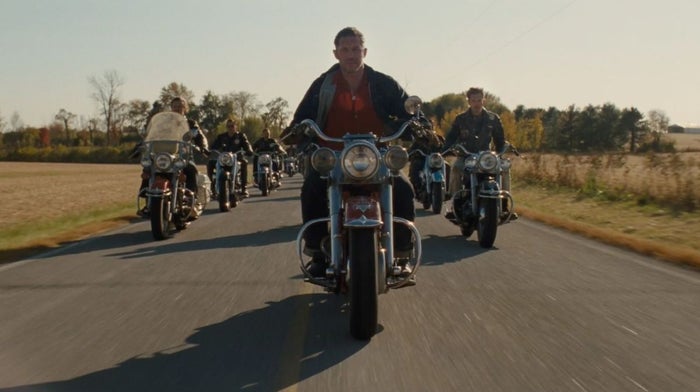
By coincidence, The Bikeriders is arriving in cinemas at the same time as A Quiet Place: Day One, which Nichols was originally set to direct in an earlier incarnation. As a director who develops his own projects outside of the franchise machine, I was intrigued to find out what his take on that post-apocalyptic world would have looked like.
“It was during the pandemic when John Krasinski gave me a call and asked me to consider making a prequel. It wasn’t my cup of tea, as I only think about making original movies, but at that time, it was unclear whether anybody would ever make a movie again – so naturally, I jumped at the chance to be involved with something that had more of a chance to get made if things returned to normal!
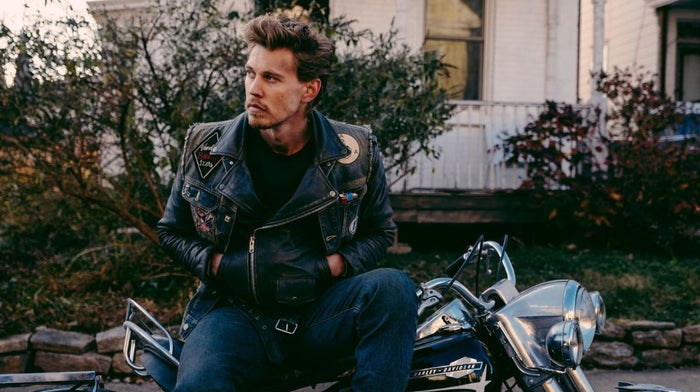
“What I really responded to in the first two films is that they’re stories of sacrifice for your family, which I find to be a very beautiful, very affecting idea. I thought it’d be interesting if the next evolution of that idea was sacrificing yourself for a stranger, and that was at the thematic heart of my story.
“I'm not exactly sure what (A Quiet Place: Day One director) Michael Sarnoski has done with it. It looks pretty darn good, though, and I’m very excited to see it!”
In another timeline, maybe Nichols and I would have finished talking about his take on the horror franchise – but as I leave, he couldn’t be clearer: “I’m glad this was the film I was talking to you about!”
The Bikeriders is released in UK cinemas on Friday, 21st June.
